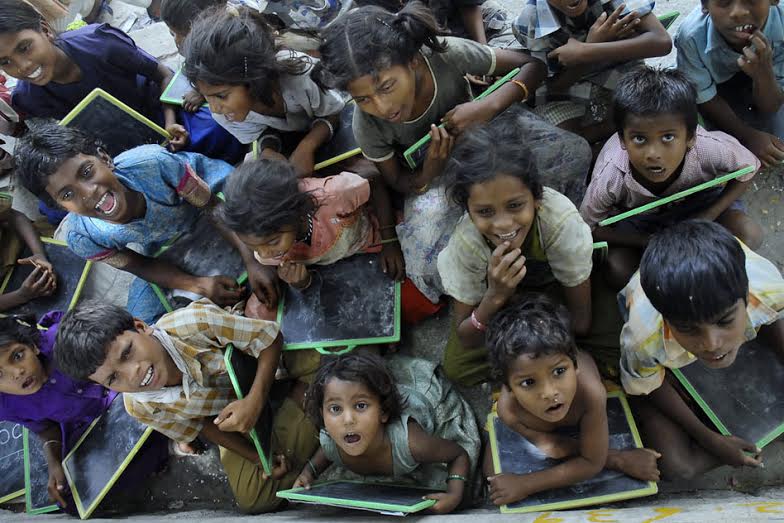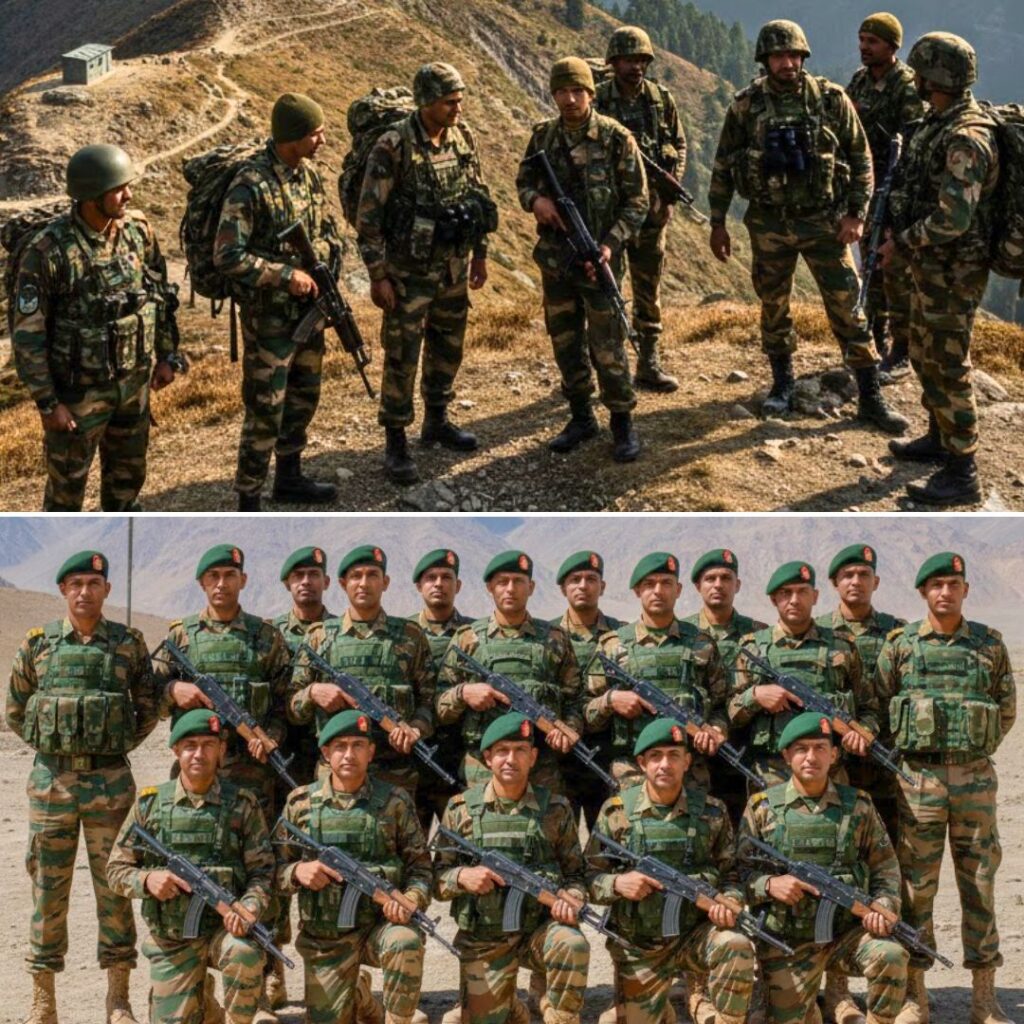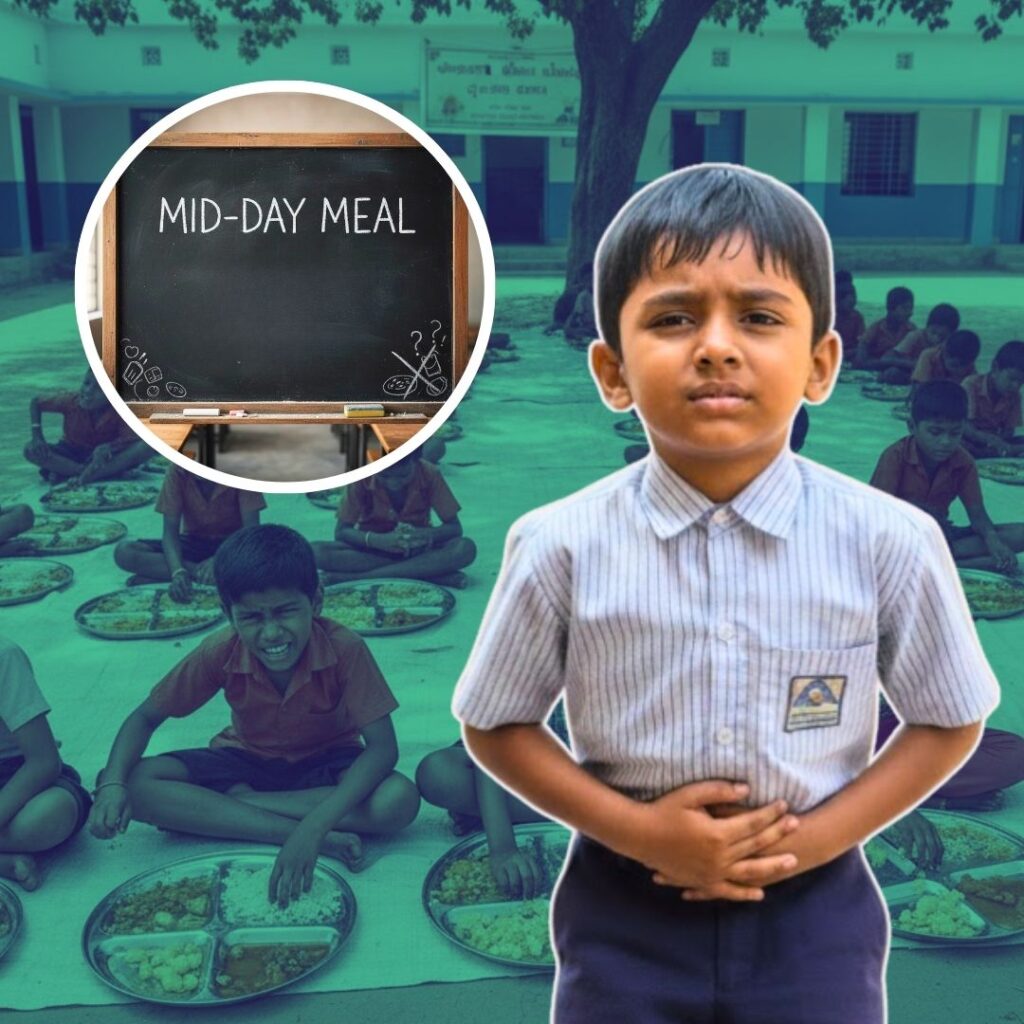‘Gareeb ko kambal daan kar, tum apne mann ki gareebi ko door kar sakte ho, unki nahi.’
Donating a blanket to the destitute alleviates only the pain we see, not the pain they feel. That’s what we manage to successfully turn a blind eye to, having ‘done our bit for the poor’.
Poverty is probably the biggest problem we face as a nation, coupled with poor education. What we fail to see, is how starkly the two are related, and how combatting one will eventually sort the second.
We need to learn to differentiate education from literacy. Is the ability to read and write one language enough for the child of a rich or middle-class family? No; then why so for the poor? We have government-run primary schools for the purpose. None of us, however, can claim oblivion to the fact that the education there is not always at the same level as that offered by private city schools. Teachers don’t turn up, neither do the students; many a times, they don’t have adequate infrastructure, or the skill to facilitate holistic development of a child. True, there are rare gems who manage to reach unattainable heights in spite of these obstacles, but what fraction do they make up? Scoring anything short of 90% is frowned upon by most parents, yet a mere 50% from the maid’s child is an achievement. This considering the hardships they are put to, is understandable, but mustn’t we try to nullify the effect of economic background?
What chance does a child of an economically backward home have of growing to be an established professional of his/her choice? While meagre office jobs and plans like ‘each one, teach one’ are an apparent achievement, they aren’t enough. We need all our children to have access to higher studies, so once out of school, there is an equal chance for all to pursue their ambition.
The right to QUALITY education, equal education, is where we fall short. And for this, we need to start at the baseline. In accordance with the right to education, 25% seats in all schools must be reserved for students of a low economic status. A proportion of every section, of every class should be reserved for the economically backward children who would like to study; they should be provided not only with education, uniforms, a meal a day, books and transport at a subsidised rate, but also with amenities like after-class tuitions within school, and study and play hours. Children need to be taught not just their academic subjects, but also sports and art. They should be able to find a field that interests them and be equipped to pursue it in the future. If we teach all our children from the beginning, we can attain a just, egalitarian society where everyone has the same chance to start, work, compete and win. This may be a utopia as of now, it will definitely cut our pockets, but if successfully established, it will bring about a fair and balanced education system . Every child has the right to dream, and every individual owes to that child to offer a fair ground to accomplish it.












